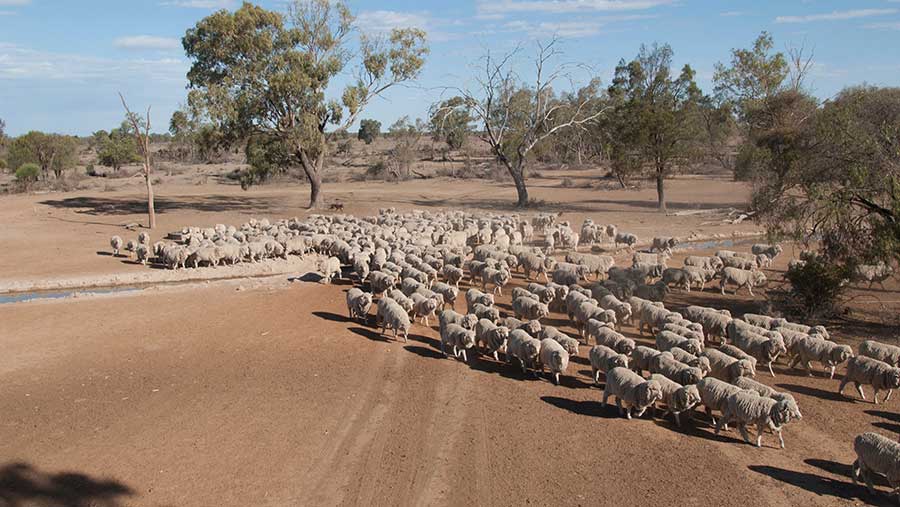New border control regime poses biosecurity risk
 Australian sheepmeat and New Zealand beef will be classed as 'low-risk' © 169169/Adobe Stock
Australian sheepmeat and New Zealand beef will be classed as 'low-risk' © 169169/Adobe Stock Industry figures have warned the government’s new food border control regime poses a biosecurity risk.
While the UK was a member of the EU, it relied upon a team of European assessors who were regularly dispatched – at considerable cost – to trading partners such as Brazil and New Zealand to carry out thorough physical inspections of meat plants.
But the UK is now responsible for its own risk assessments, which are believed to be based upon documentation and historical dealings only, with no on-the-ground inspections as yet.
See also: NFU warns of over-reliance on food imports
A British Meat Processors Association (BMPA) spokesperson said: “Currently, the industry has been given very little detail about how these new UK risk assessments have been carried out and the criteria they’re based on.
“Questions are being asked as to whether they will provide the EU, our most important trading partner, with sufficient confidence in the UK’s biosecurity status, particularly as we now require less stringent checks on product from our other trading partners than the EU does.
“More importantly, will this disparity in import checks impact our ability to export to the EU, or will it provoke them to ask for additional checks on our exported goods?”
Others in the industry are asking why New Zealand beef imports and Australian sheepmeat imports have been classified as “low risk” – meaning they can enter the country with no vet papers or border checks – while beef and sheepmeat from the EU are “medium risk”, requiring both.
An existing veterinary agreement with New Zealand was rolled over post-Brexit, but Shane Brennan, chief executive of the Cold Chain Federation, told Farmers Weekly he was “annoyed” by the new classification.
“They [government officials] were pretty categoric when we were talking about low-, medium- and high-risk categorisations for goods coming from the EU in the rush to be ready for the old deadlines,” he said.
“They said anything that was meat or dairy that wasn’t highly processed had to be medium-risk.
“There was no argument it could be low-risk in any circumstances. So it’s really surprising to see them make this judgment.”
A Defra spokesperson said: “The Border Target Operating Model [BTOM] protects the UK’s biosecurity and ensures our trading partners have confidence in our exports.
“The model will retain the mechanisms recognised and applied across the world as the key building blocks for sanitary and phytosanitary controls.
“All commodities under SPS import control are assessed for the risk that they carry to UK biosecurity, including to public health, and categorised accordingly.
“The FSA will continue to monitor food and feed safety at the border to ensure that the new import controls outlined in the BTOM continue to provide high levels of protection for UK consumers by preventing the entry of unsafe food and feed.”
